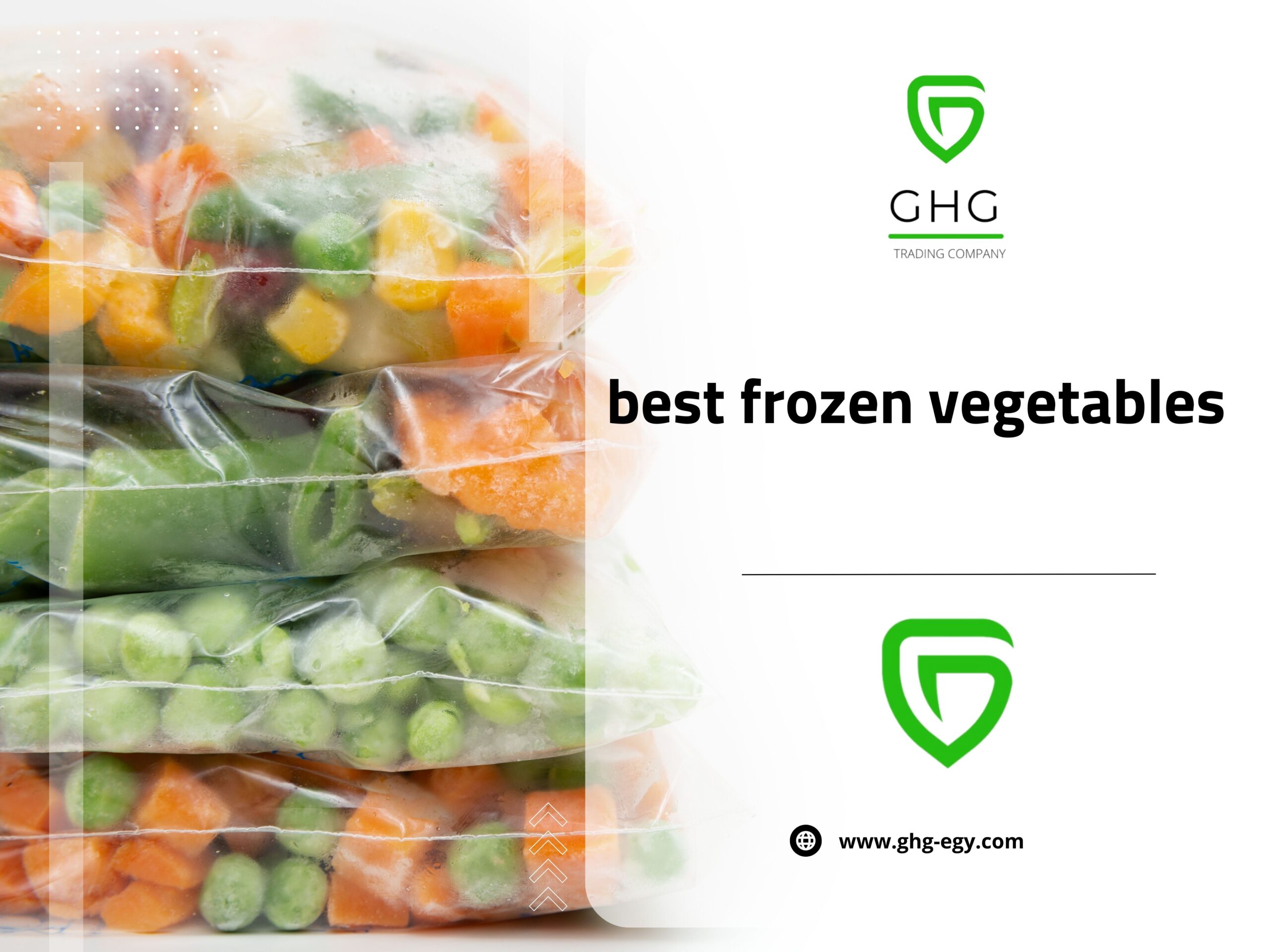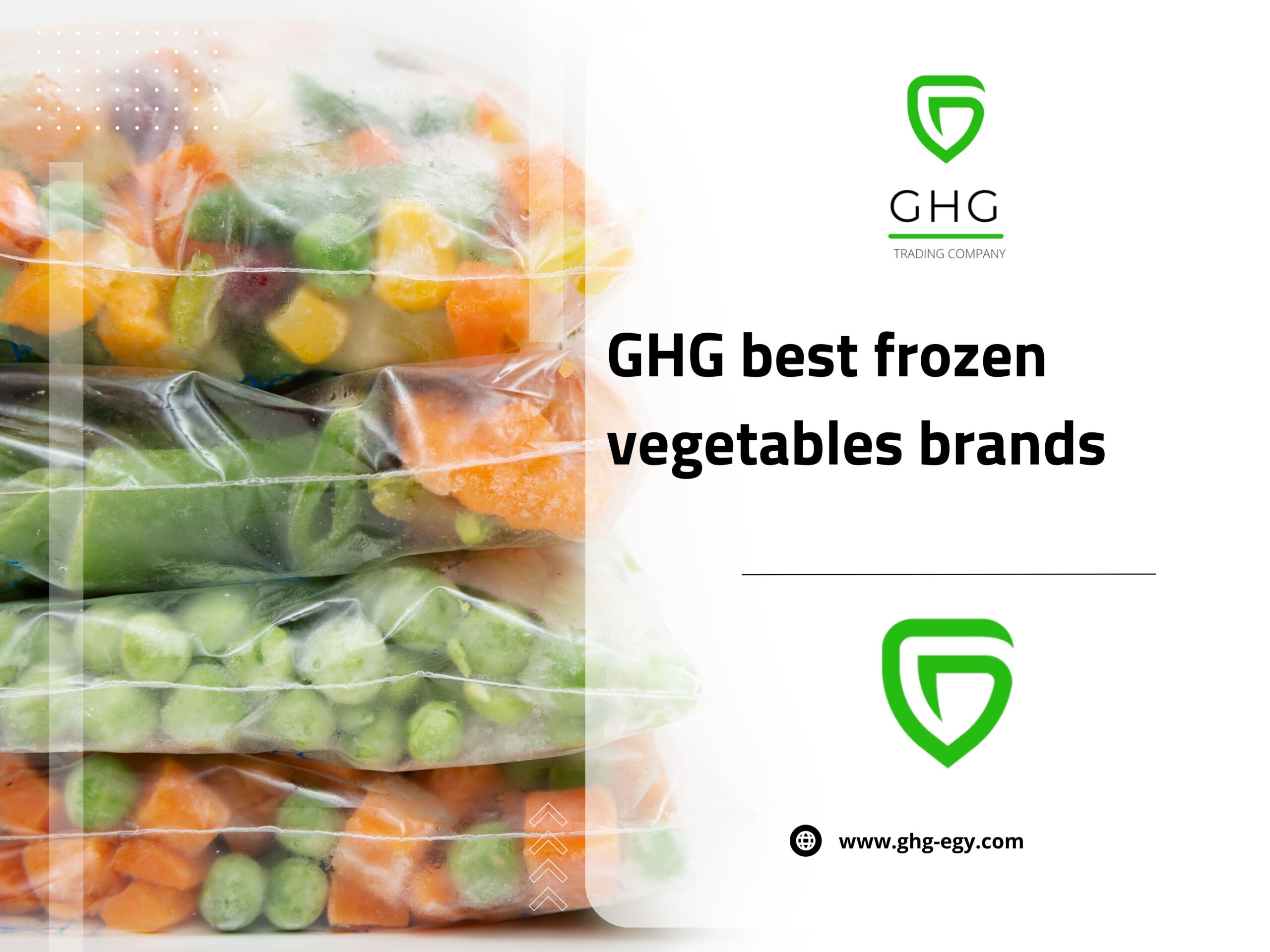If you’re looking for a convenient way to incorporate more vegetables into your diet, frozen vegetables may be the answer. In this guide, we’ll explore the benefits of frozen vegetables, factors to consider when choosing the best options, top brands, and tips for cooking with them.
Frozen vegetables have become a staple in many households due to their convenience and versatility. Whether you’re short on time or looking to reduce food waste, frozen vegetables offer a convenient solution for adding nutrition to your meals.
Importance of Choosing the Best Quality
While frozen vegetables offer numerous benefits, not all products are created equal. Choosing the best quality ensures that you’re getting the maximum nutritional value from your vegetables.
Benefits of Frozen Vegetables
Frozen vegetables offer several advantages over fresh produce, making them a valuable addition to any diet.
Retention of Nutrients
Contrary to popular belief, frozen vegetables can retain their nutritional value for extended periods. The freezing process locks in essential vitamins and minerals, ensuring that you’re getting the nutrients you need.
Extended Shelf Life
Frozen vegetables have a longer shelf life compared to fresh produce, allowing you to keep them on hand for whenever you need them. This can help reduce food waste and save you money in the long run.
Convenience and Versatility
Frozen vegetables are convenient to use and can be incorporated into a wide range of dishes, from soups and stir-fries to casseroles and salads. They eliminate the need for washing, chopping, and prepping, saving you time in the kitchen.

Factors to Consider When Choosing the Best Frozen Vegetables
When selecting frozen vegetables, there are several factors to keep in mind to ensure you’re getting the best quality.
Quality and Freshness
Choose frozen vegetables that look vibrant and have minimal signs of freezer burn. Avoid products with ice crystals or clumps, as these may indicate improper storage or thawing.
Packaging
Opt for vegetables that are packaged in airtight bags or containers to prevent freezer burn and maintain freshness. Check for any signs of damage or punctures in the packaging, as this can compromise the quality of the product.
Certifications and Labels
Look for certifications such as USDA Organic or Non-GMO Project Verified, which indicate that the vegetables have been grown and processed according to strict standards. These certifications ensure that you’re getting high-quality, responsibly sourced produce.
Comparison of Frozen Vegetable Brands
When choosing a brand of frozen vegetables, it’s essential to compare your options based on various factors.
Nutritional Value
Evaluate the nutritional content of different brands to ensure you’re getting the best quality. Look for products with high levels of vitamins, minerals, and fiber.
Price and Affordability
Consider the price of frozen vegetables from different brands and compare it to your budget. Look for affordable options that offer good value for money without compromising on quality.
Availability and Accessibility
Choose a brand that is readily available at your local grocery store or online retailer. Consider factors such as packaging size and variety to ensure you have access to the products you need.

Customer Reviews and Testimonials
Before making a decision, take the time to read customer reviews and testimonials about different brands of frozen vegetables.
Importance of Customer Feedback
Customer feedback can provide valuable insights into the quality and performance of frozen vegetable brands. Look for brands with positive reviews and satisfied customers.
Tips for Cooking with Frozen Vegetables
Once you’ve chosen your frozen vegetables, here are some tips for cooking with them to maximize flavor and nutrition.
Proper Thawing Techniques
Thaw frozen vegetables in the refrigerator overnight or use the defrost setting on your microwave for quick thawing. Avoid thawing at room temperature to prevent bacterial growth.
Cooking Methods for Best Flavor and Texture
Cook frozen vegetables using methods such as steaming, sautéing, or roasting to preserve their flavor and texture. Avoid overcooking, as this can result in mushy vegetables.
Conclusion
Frozen vegetables offer a convenient and nutritious option for adding more veggies to your diet. By choosing the best quality and incorporating them into your meals, you can enjoy the benefits of fresh produce year-round.
FAQs (Frequently Asked Questions)
- Are frozen vegetables as nutritious as fresh ones?
- Yes, frozen vegetables can be just as nutritious as fresh ones, as they are often frozen at peak ripeness to preserve their nutrients.
- How long do frozen vegetables last in the freezer?
- Frozen vegetables can typically last for up to 8-12 months in the freezer if properly stored.
- Can I cook frozen vegetables straight from the freezer?
- Yes, you can cook frozen vegetables straight from the freezer without thawing. However, thawing may result in more even cooking.
- Are there any additives or preservatives in frozen vegetables?
- Some frozen vegetables may contain additives or preservatives for flavor or texture enhancement. Check the ingredient list for more information.
- Can I refreeze thawed frozen vegetables?
- It’s generally safe to refreeze thawed frozen vegetables as long as they have been handled and stored properly. However, the quality may be slightly compromised.



